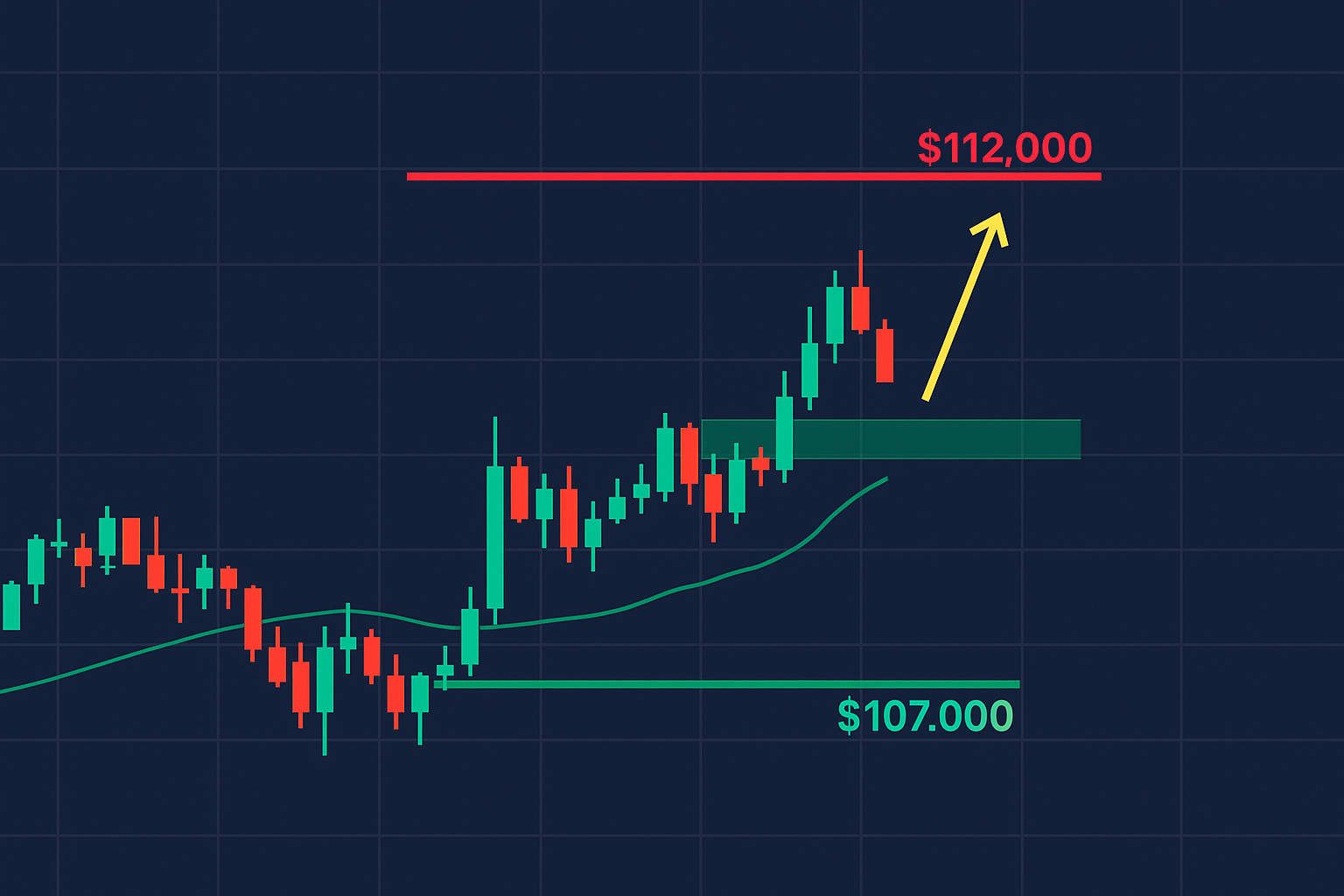Introduction
In a significant crackdown, the U.S. Department of Justice (DOJ) has charged three companies and 15 individuals with orchestrating a large-scale cryptocurrency fraud scheme, reportedly defrauding investors out of millions of dollars. This case underscores the increased regulatory scrutiny on the cryptocurrency industry, as authorities strive to protect consumers from the risks associated with virtual asset investments and uncover fraudulent practices that exploit the industry’s complexities.
The investigation, which spanned multiple federal agencies, represents a concerted effort by the U.S. government to clamp down on deceptive activities in the growing but volatile cryptocurrency market. According to official statements, the DOJ alleges that the defendants engaged in activities ranging from Ponzi schemes to deceptive advertising, leading to substantial financial losses for both individual and institutional investors.
Background Of The Investigation
The cryptocurrency market has seen exponential growth over the past decade, attracting significant attention from both investors and regulatory bodies. With high potential returns and relatively limited regulatory oversight, cryptocurrencies have appealed to new investors eager to capitalize on the next financial frontier. However, the rise of cryptocurrencies has also attracted various fraudulent schemes targeting less informed investors. Recognizing this, the DOJ has ramped up its efforts to expose and curb crypto-related fraud.
In early 2023, multiple complaints began surfacing from investors who had allegedly fallen victim to fraud schemes involving several cryptocurrency firms. Complaints varied, but recurring themes included “guaranteed returns” on investments and promises of high returns with minimal risk — hallmarks of classic Ponzi schemes. With this feedback, the DOJ launched a thorough investigation that has now culminated in these charges.
Details Of The Fraud Scheme
According to court documents, the defendants allegedly employed several deceptive tactics to entice investments. These methods included false advertising, claims of government backing, and assurance of returns that far exceeded market standards. Additionally, the DOJ alleges that the accused companies used complex language and technical jargon to mask the fraudulent nature of their schemes, making it difficult for investors to recognize red flags.
One of the companies involved allegedly claimed to operate a high-frequency cryptocurrency trading platform that promised a consistent monthly return of 15% to investors. This company, identified as “CryptoTrust LLC,” is accused of orchestrating a Ponzi-like scheme, where funds from new investors were used to pay “returns” to existing investors rather than engaging in legitimate trading activities. The DOJ highlighted how such schemes relied heavily on new investment inflows to create the illusion of profitability, ultimately collapsing when these inflows declined.
In addition to CryptoTrust LLC, the DOJ cited two other companies that allegedly marketed “investment packages” with guaranteed returns. These packages purported to invest in an exclusive, highly profitable cryptocurrency asset not available on public exchanges. However, it was later discovered that the investments were funneled into a personal account controlled by one of the main suspects.
Individuals Charged
The 15 individuals charged are reported to have held various positions within the three companies, including executives, sales agents, and financial advisors. Their roles allegedly involved marketing fraudulent services to potential investors, managing client funds, and orchestrating the financial operations behind the schemes.
The DOJ’s charges range from conspiracy to commit wire fraud, conspiracy to commit securities fraud, and money laundering. If convicted, these individuals face severe penalties, including significant prison terms, fines, and asset forfeiture. Among those charged is John Doe, a former financial advisor with an extensive background in cryptocurrency markets. According to the DOJ, Doe used his credentials to lend credibility to the fraudulent activities, assuring investors that their money was safe and poised for growth.
Each individual’s role was reportedly crucial in carrying out the scheme, from designing the deceptive marketing materials to handling the back-end operations, which included diverting funds and covering tracks. The DOJ emphasizes that their actions represent a coordinated effort to mislead investors while profiting from the misappropriation of funds.
Broader Implications For The Cryptocurrency Market
This case is not only significant in its scale but also in the broader context of U.S. government efforts to regulate cryptocurrency markets. The charges highlight the DOJ’s commitment to scrutinize fraudulent activities, marking a pivotal moment in the cryptocurrency space where regulatory bodies are moving beyond guidelines to more direct intervention.
In recent years, cryptocurrency has transitioned from a fringe financial instrument to a widely accepted asset class. However, with this growth has come an increase in fraud cases and cybersecurity threats, prompting regulatory bodies to reconsider existing financial laws and their application to virtual assets. The recent charges suggest a shift toward comprehensive oversight to mitigate fraud risks and ensure consumer protection.
This development may also fuel a push for more stringent regulations that hold cryptocurrency companies to the same standards as traditional financial institutions. Many industry experts have expressed that increased regulation could bring stability and legitimacy to the industry, albeit at the cost of the decentralized nature that initially defined cryptocurrencies.
The Role Of Regulatory Authorities And The Future Of Crypto Regulations
The DOJ’s actions align with a broader regulatory trend within the U.S., as organizations such as the Securities and Exchange Commission (SEC) and the Commodity Futures Trading Commission (CFTC) have increasingly turned their attention to the cryptocurrency industry. These agencies have previously highlighted the risks associated with unregulated cryptocurrencies and have issued multiple advisories warning investors of potential scams.
In a press statement, U.S. Attorney Jane Doe commented on the case: “This indictment is a strong message that the U.S. government will pursue those who defraud investors in the cryptocurrency market. This sector is not immune to scrutiny, and we will use every tool at our disposal to protect the integrity of financial markets.” Attorney Doe’s remarks underscore the commitment to tackling financial crimes in the virtual currency space, despite its unique regulatory challenges.
Moving forward, cryptocurrency advocates and industry stakeholders may see an influx of policies aimed at addressing fraudulent activities while balancing innovation with investor protection. These developments could pave the way for more regulated cryptocurrency exchanges, enhanced scrutiny of Initial Coin Offerings (ICOs), and tighter compliance standards for cryptocurrency companies operating in the U.S.
Conclusion
The DOJ’s decision to charge three companies and 15 individuals marks a landmark case in the cryptocurrency industry’s ongoing evolution. As virtual assets become more integrated into mainstream finance, regulatory bodies like the DOJ, SEC, and CFTC will likely take more decisive actions to prevent fraud and protect consumers.
While the charges against the individuals and companies accused of cryptocurrency fraud send a stern warning, they also emphasize the importance of due diligence for investors in the cryptocurrency market. As regulations tighten, investors may benefit from a more transparent and secure market, but the challenge remains for regulators to strike a balance that preserves both the innovation and integrity of the cryptocurrency ecosystem. This case may be just one of many to come as the U.S. government continues its crackdown on financial misconduct in the rapidly evolving world of digital finance.



















